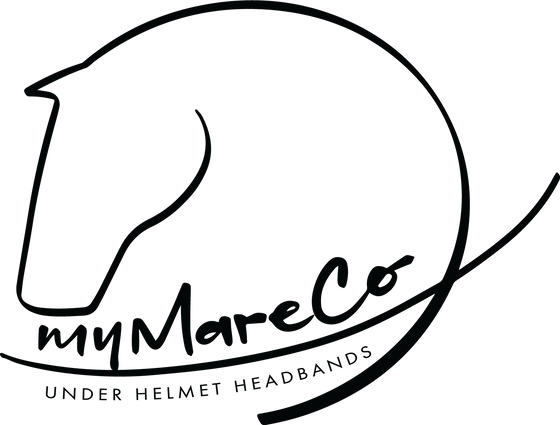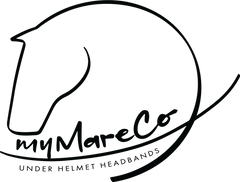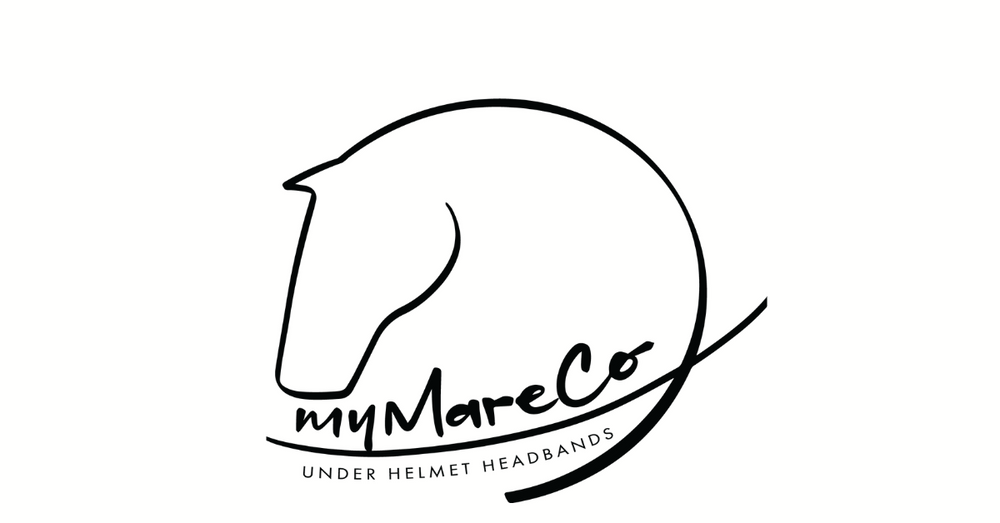Think Your Horse Has Ulcers?
Not all horses have obvious symptoms. Here are a few signs that could indicate that they do have ulcers:
- Changes in eating or appetite
- Weight loss
- Reluctance to train or behave differently when ridden
- Mild colic
- Discomfort with touch
Always ask your veterinarian to check your horse to determine if they need to be scoped or if they have other suggestions for diagnosing the issue.
Here are some general ways to help minimize and prevent ulcers:
- Forage intake – allow grazing or more access to hay to stimulate saliva production
- Reduce grain intake to minimize gastric acidity
- Frequent, small meals
- Limit stress/increase turnout time and social interaction
- Allow access to water
Why might your horse have ulcers in the first place?
- Changes in your routine, travel or other situations that may cause stress
- Infrequent feeding
- High grain diet with low forage may decrease the stomach’s pH promoting acid damage
- Intense exercise may decrease blood flow to the stomach lining
- Use of anti-inflammatory drugs such as Bute or Banamine
If your horse has Ulcers, your veterinarian will be able to prescribe medications to reduce the ulcers as well as other supplements to help maintain a healthy gut.
Happy Horses for Happy Riding!
Don’t forget your myMareCo Headband to Secure your Ride.
The articles below will give you more in-depth information about Ulcers in Horses:
https://www.equestriantradenews.com/health-nutrition-cpd-january-2022/https://aaep.org/sites/default/files/2022-05/Andrews,%20Frank.pdf




